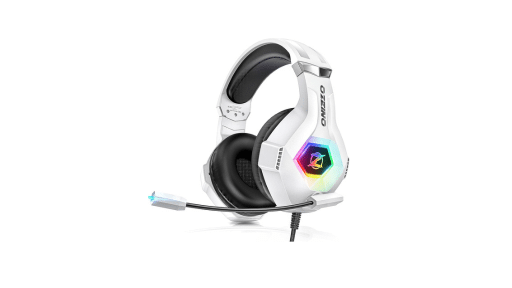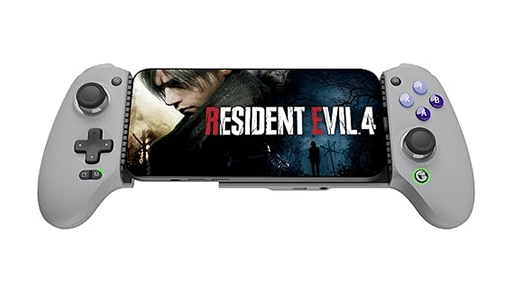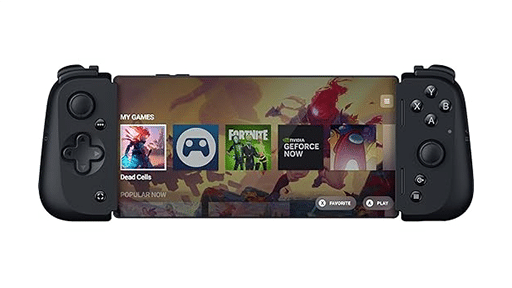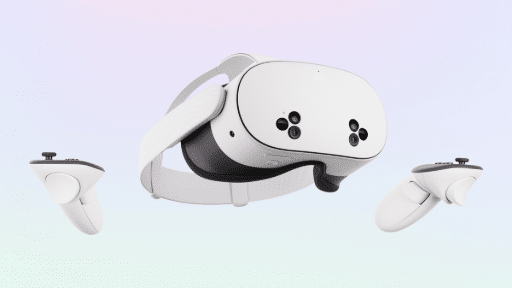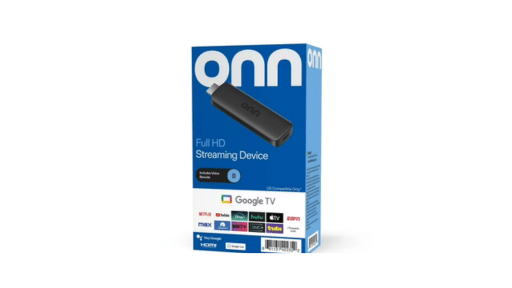
Razer is bringing its AI-powered game development tools to Amazon Web Services, expanding access to studios worldwide through AWS Marketplace. Game Assistant and QA Companion, both part of the WYVRN ecosystem, were previously shown at CES and GDC. Now they’re heading to the cloud with support for Unreal, Unity, and custom engines.
This move adds to a growing trend of cloud-based tools shaping how games are made. Just as we saw with Amazon’s GameLift Streams and Microsoft’s Muse AI project, companies are using AI and cloud tech to speed up development and support new creative workflows.
So what are these new tools, and how could they shape the games you play?
Game Assistant and QA Companion Explained
Razer’s two new tools are designed to help developers work faster and make better games. Both are part of the company’s WYVRN AI ecosystem and aim to improve quality without slowing teams down.
Game Assistant, first revealed as Project AVA at CES 2025, offers real-time expert advice and performance tips. Developers can train it on specific games or genres, and even build it into gameplay to provide tailored help. That could mean smarter tutorials, adaptive difficulty, or better post-match analysis in future titles.
QA Companion handles the bug-hunting side of development. It automatically spots crashes, logs issues, and tracks performance problems. Instead of replacing testers, it speeds up the boring parts so QA teams can focus on how the game actually feels to play. It works with Unreal, Unity, and custom engines using C++, and includes templates for common genres to help teams get started faster.
Razer is also teaming up with Side, a well-known QA services provider, to push automation even further. The goal is to help studios test faster and release updates with fewer issues.

Why the Cloud Matters for Game Development
These tools aren’t just new, they’re built for the cloud. By launching Game Assistant and QA Companion on Amazon Web Services, Razer is making them available to studios around the world through AWS Marketplace.
Both tools are built on Amazon Bedrock, a managed service that runs generative AI models in the cloud. That means studios don’t need heavy hardware or custom infrastructure to start using them. Once available, teams can plug them into their workflow and start improving QA or building AI features right away.
For gamers, this means faster development cycles and fewer delays. Studios using QA Companion can test and fix issues more efficiently, leading to smoother launches and quicker updates. With Game Assistant, there’s also potential for smarter in-game guidance, especially in genres like competitive shooters, MOBAs, or RPGs where feedback and coaching matter.
Razer says both indie and AAA studios are already testing the tools. The AWS launch makes them easier to scale and maintain, and it opens the door for wider use across the industry. fully took off. The AWS launch makes them easier to scale and maintain, and it opens the door for wider use across the industry.

What This Could Mean for the Games You Play
Razer’s AI Game Assistant and QA Companion will be available soon on AWS Marketplace. This makes them easier for studios to access, test, and integrate into their development pipelines.
With support for major engines like Unreal and Unity, these tools could start showing up in the development process of everything from small indie projects to large-scale titles. The cloud rollout also means studios can scale up quickly without needing extra hardware or infrastructure.
AI in gaming is a sensitive topic right now. Some worry about jobs, creativity, or overreliance on automation, and those concerns are valid. But when it’s used behind the scenes to speed up QA or help developers fix bugs faster, I think there’s real value. I’ve played enough launch-day messes to appreciate anything that might make releases smoother. And if Game Assistant leads to smarter tutorials or more helpful in-game features, I’m definitely curious to see where it goes.
Are you open to AI tools helping behind the scenes if it means better games? Or are you still on the fence? Drop your thoughts in the comments, we’d love to hear where you stand.
As always, remember to follow us on our social media platforms (e.g., Threads, X (Twitter), Bluesky, YouTube, and Facebook) to stay up-to-date with the latest news. This website contains affiliate links. We may receive a commission when you click on these links and make a purchase, at no extra cost to you. We are an independent site, and the opinions expressed here are our own.

